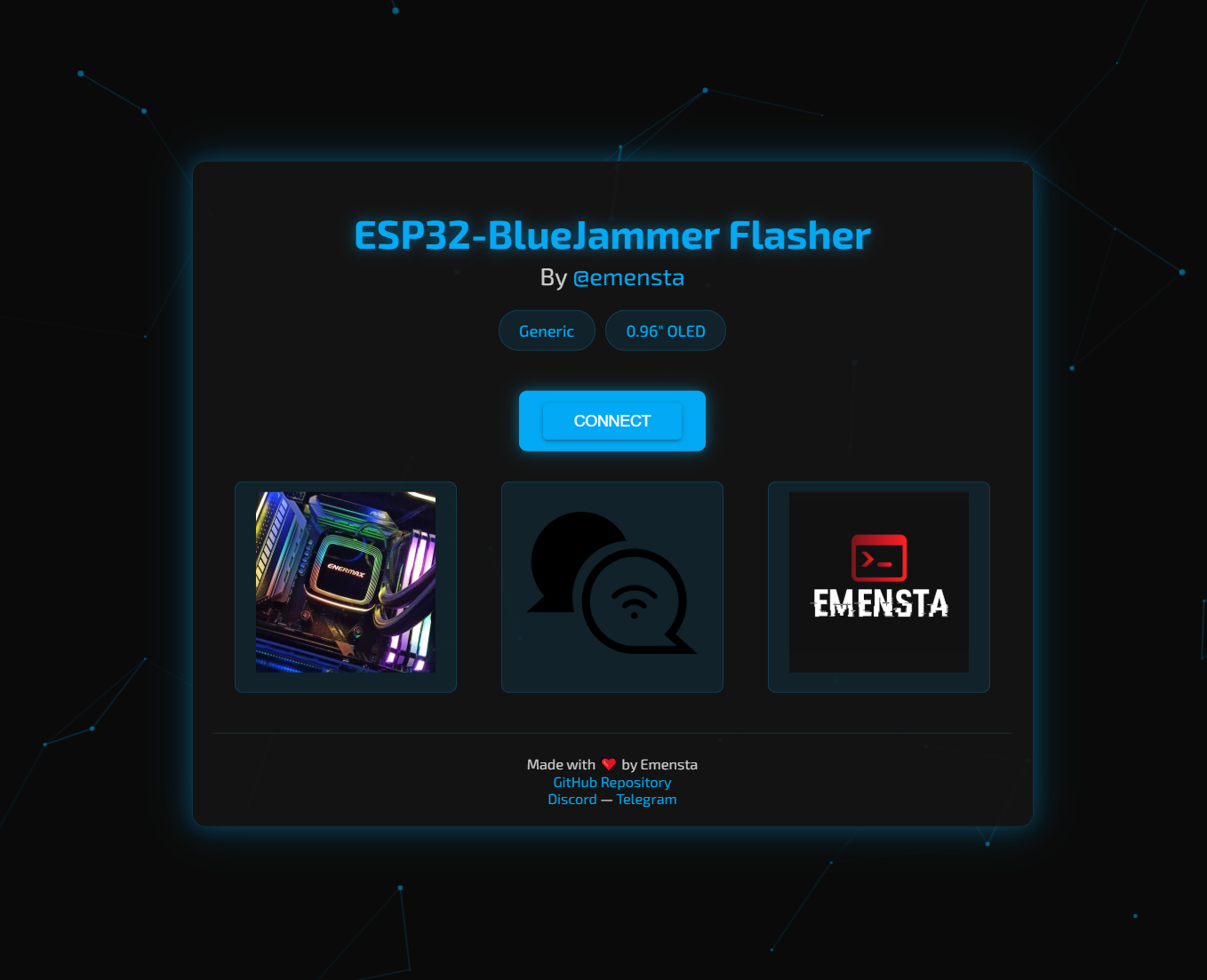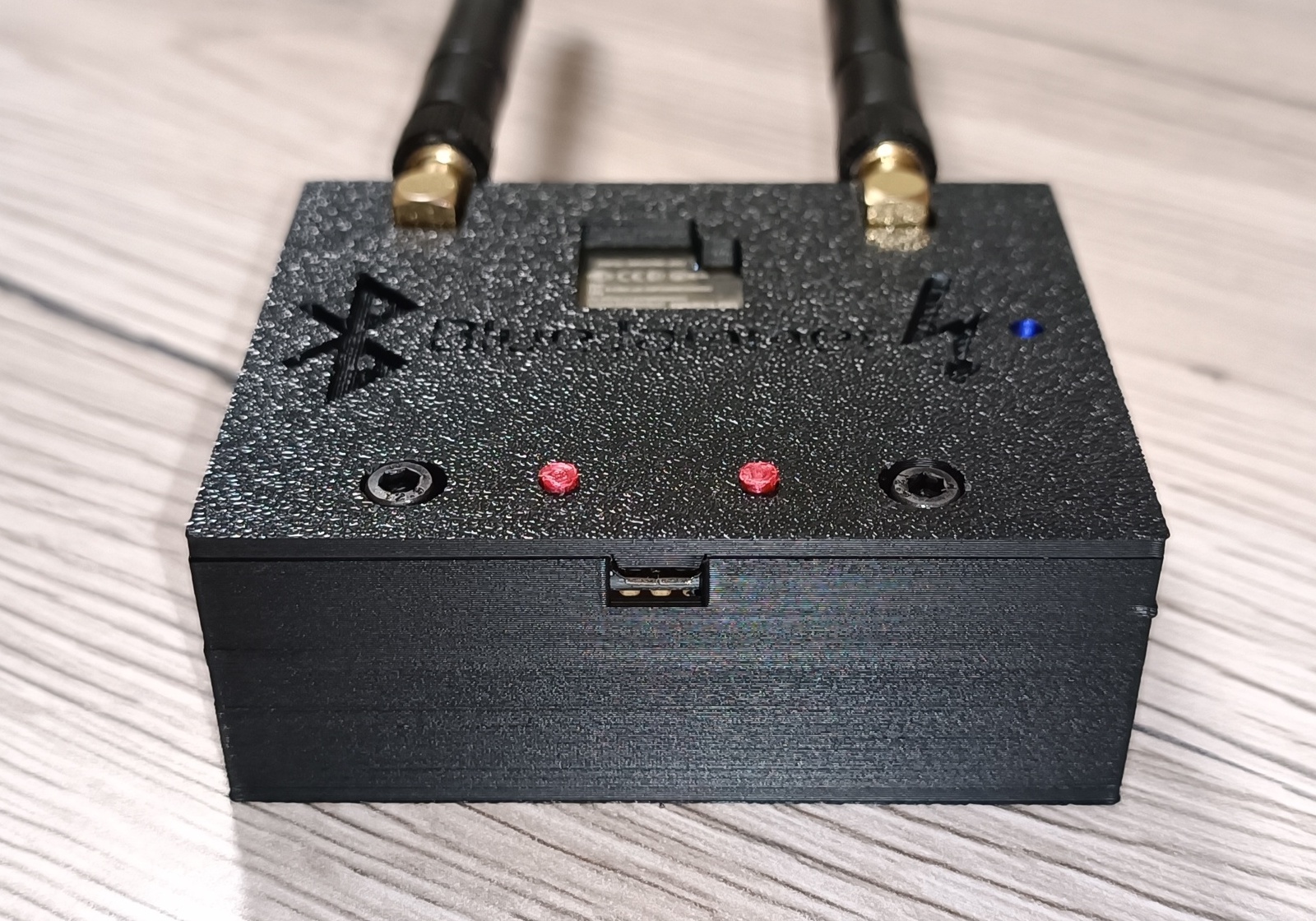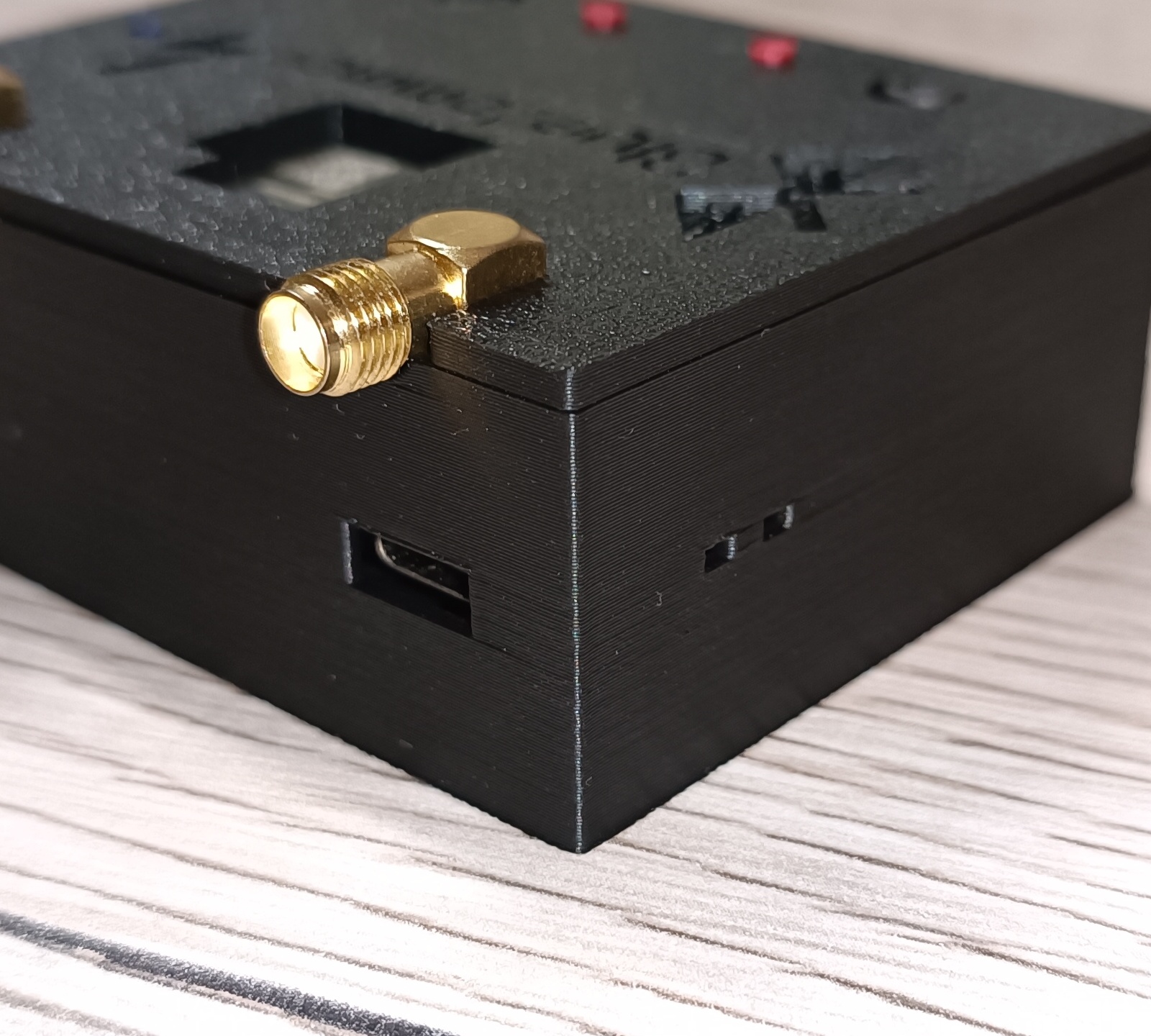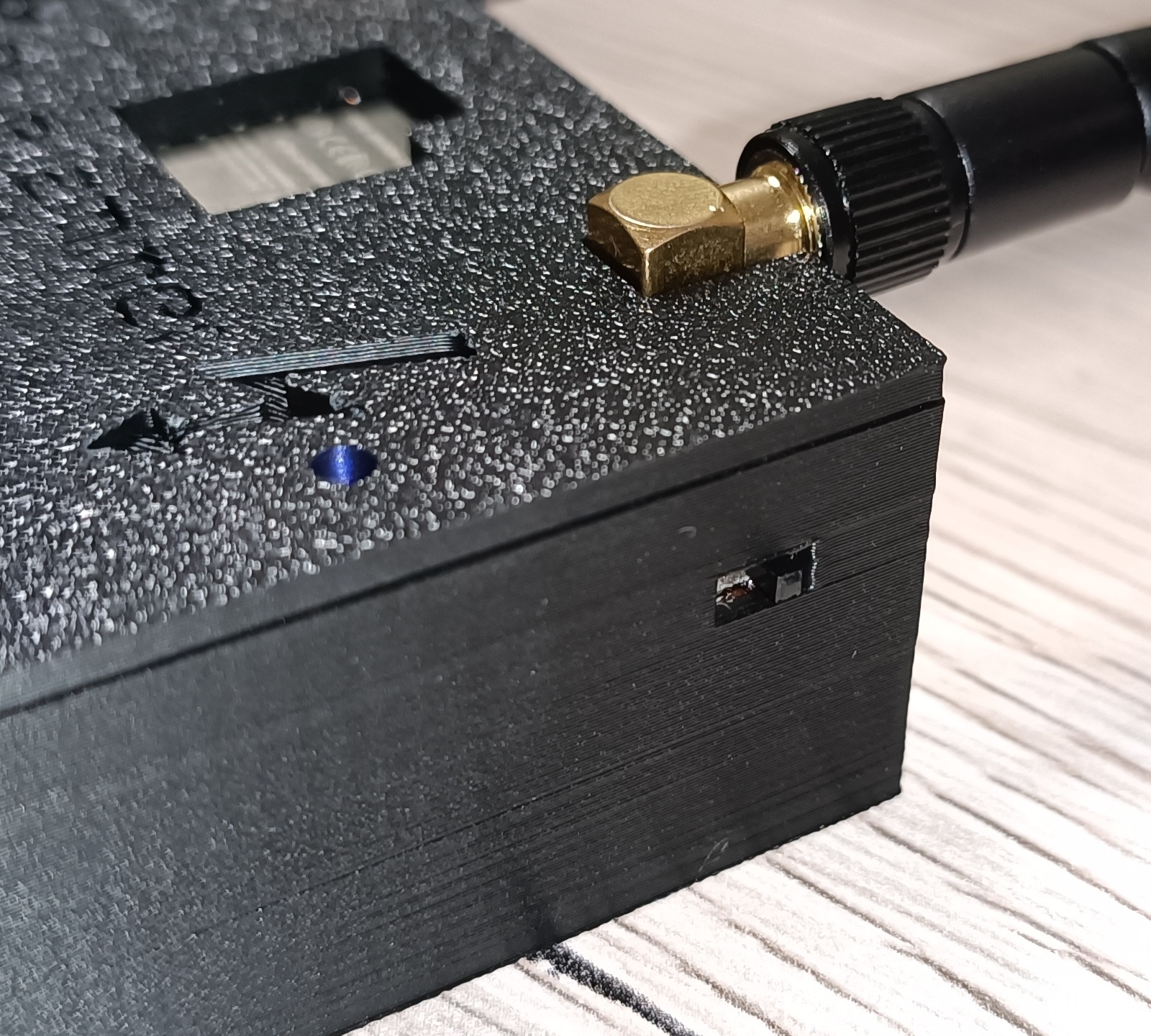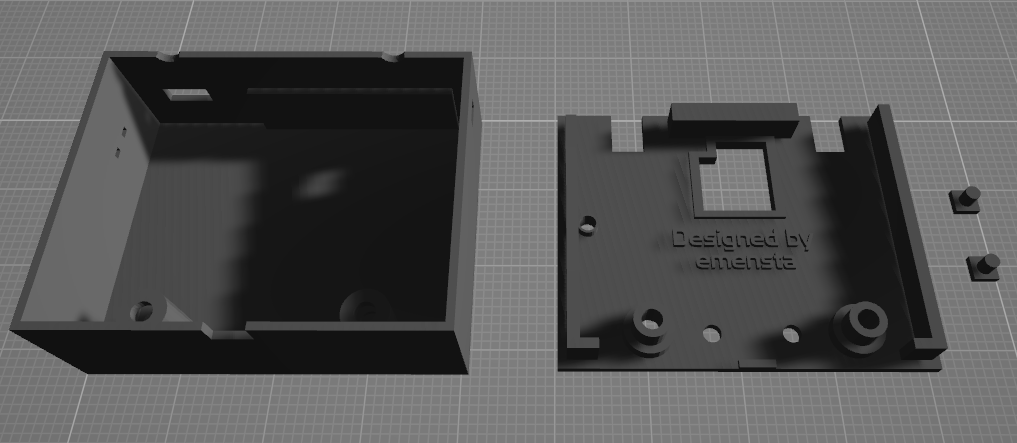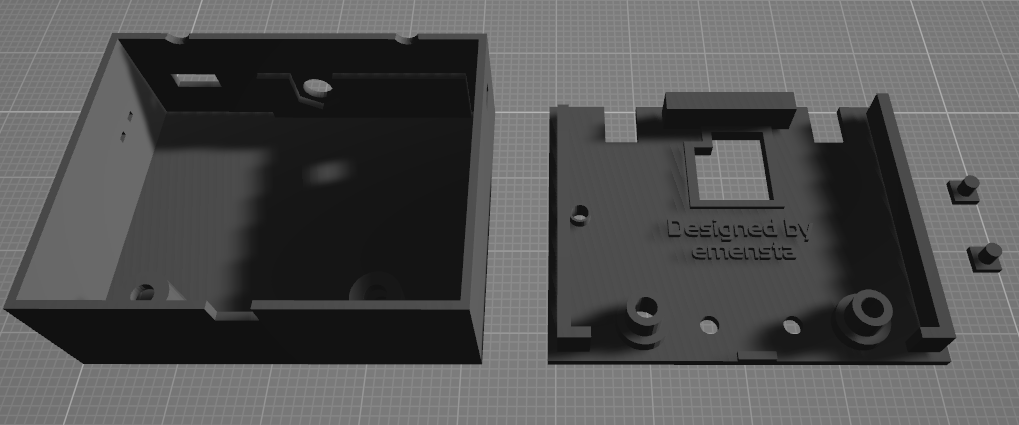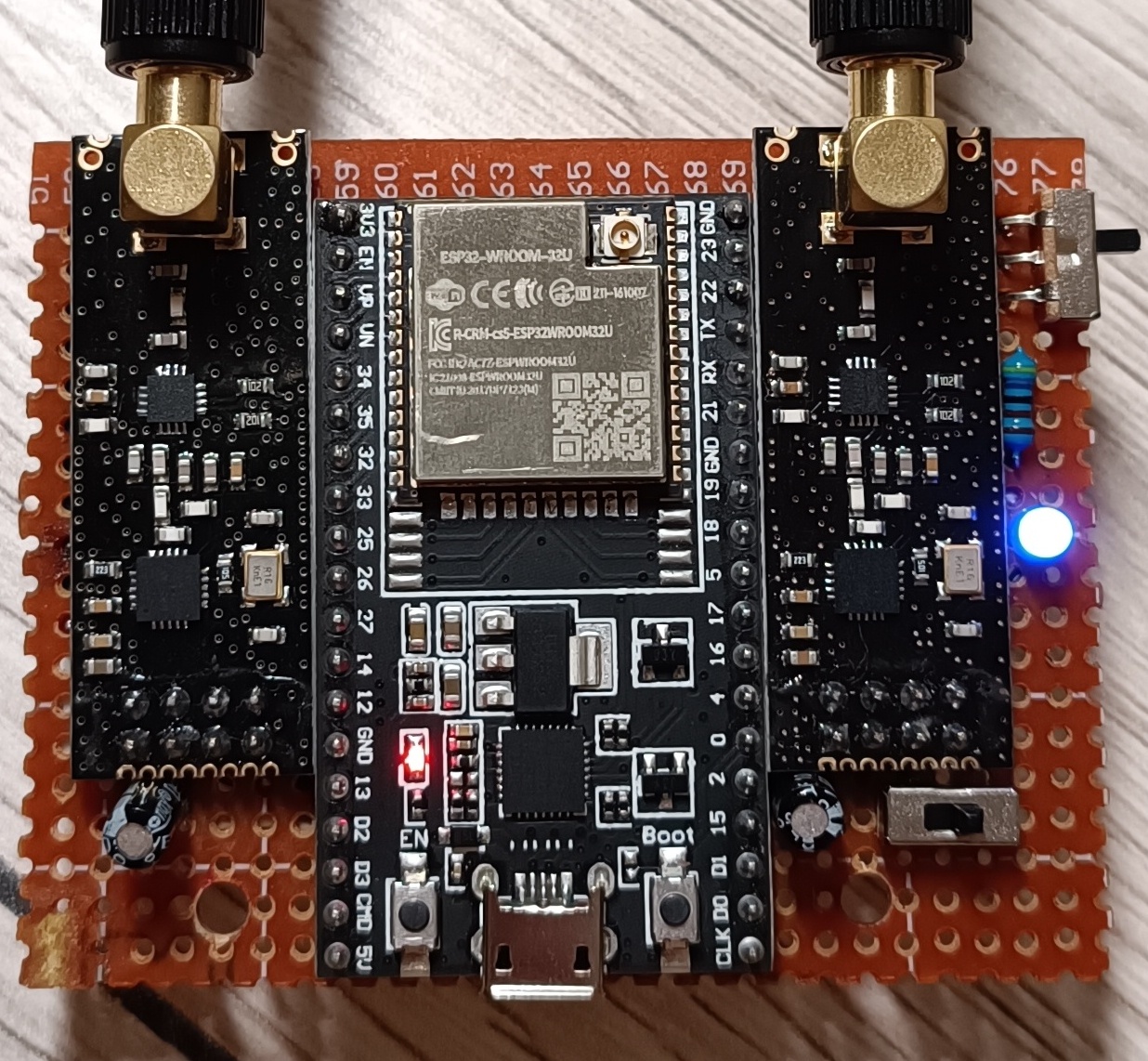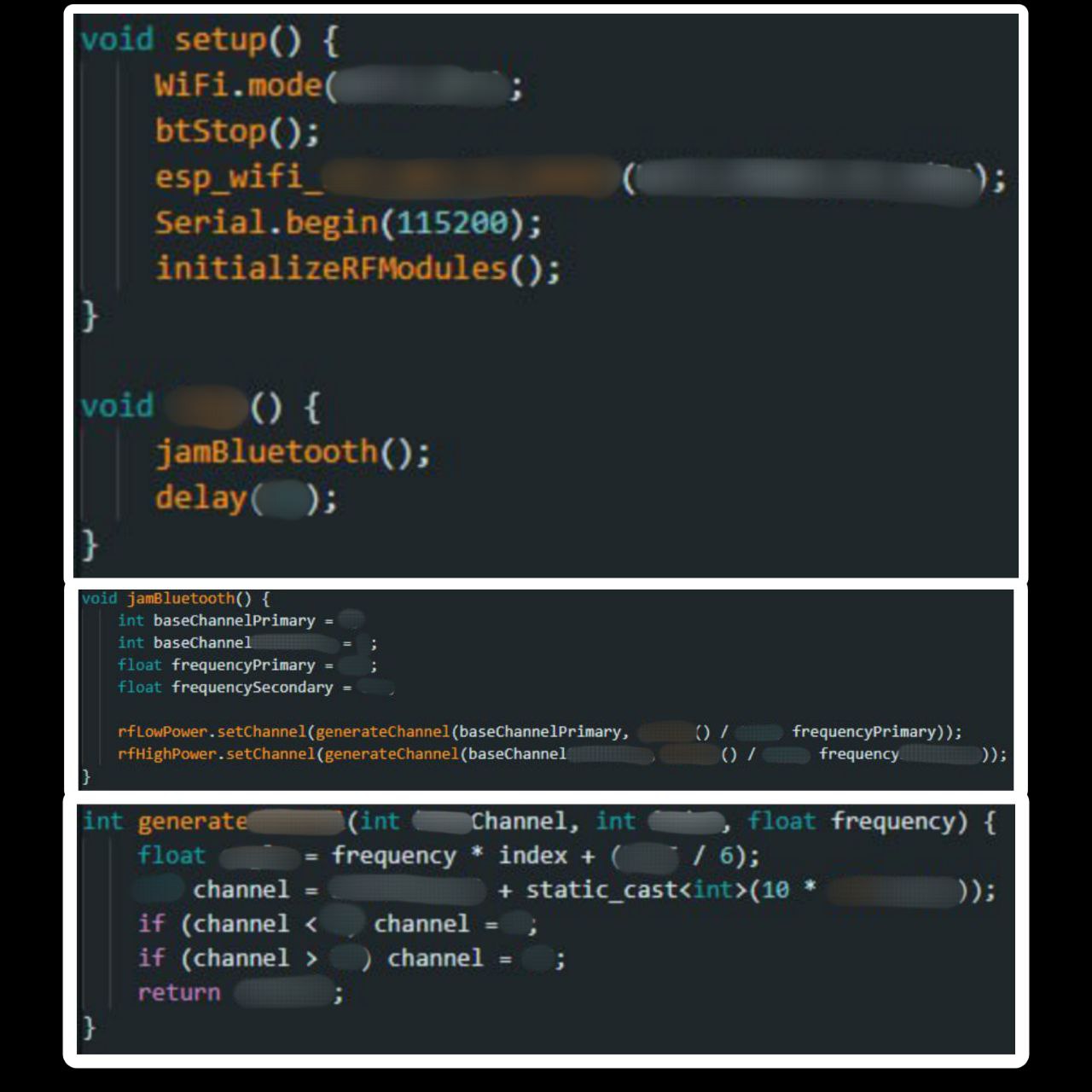The ESP32-BlueJammer disrupts various devices using an ESP32 and nRF24 modules, causing plenty of noise and sending unnecessary packets (DoS).
It interrupts:
audio in speakers, smartphone connections, WiFi, RC Drones (etc.), IoT devices, and much more communicating on 2.4GHz!
Ideal for controlled disruption and security testing. Based on 2,4GHz communication.
It has a big range (over 30Meters+ - may vary on your antenna and hardware setup!) on newest Bluetooth versions with casual 2.4GHz antennas, you can easily increase this aswell by taking some simple "bigger" router antennas. An amplifier (2.4GHz) may be an good option too!
Remember that jamming is illegal and should not be used with malicious intent!
Want to buy one? - Don Anon Tech's online-shop
If you are looking forward to purchasing a finished, working, pre-built ESP32 BlueJammer board, you can check out Don Anon Tech's online-shop! There we published the assembled PCB “The Blue ESP” "The Blue ESP" ;p
DIY Video tutorial (if the TikTok is not available for you)
TikTok Demonstration (if the TikTok is not available for you)
-
Bluetooth = 79CH
Frequency Range: 2.402 GHz to 2.480 GHz
Channel Width: 1 MHz -
BLE = 40CH
Frequency Range: 2.400 GHz to 2.4835 GHz
Channel Width: 2 MHz -
WiFi = 14CH
Frequency Range: 2.400 GHz to 2.4835 GHz
Channel Width: Typically 20 MHz, but can be 22 MHz or 40 MHz in some cases -
RC drones, etc. = 1-125CH
Frequency Range: 2.400 GHz to 2.525 GHz
Channel Width: 1 MHz
- ESP32 Dev Module (such as ESP32-WROOM-32U, any ESP32 should work as long as it has the needed pins!)
- nRF24L01+PA+LNA (2x)
- 10uF Capacitor (2x) (any voltage above 5V)
- 3rd Antenna: IPEX to SMA-F pigtail
- 3.7V Li-Ion Battery
- JST PH 2.0 Connector
- TP4056 Charging Module
- 3mm LED (blue)
- 4.7k Ohm Resistor
- Mini Slide Switch
- M3x16 Screws (2x)
- M3 Nuts (2x)
A frequently asked question is whether the antennas are needed and what the third antenna is for, here is the answer: Yes, you need at least both antennas for the nRF24's! Why? To have it working on a decent range! The average range with standart known chinese 2.4GHz antennas is about 20meters. Upgrading those antennas will help a lot with getting more range!
2 antennas are for the HSPI and VSPI nRF24 modules!
The 3rd antenna is plugged to the ESP32 chip itself, wither via IPEX or soldered onto it's own antenna, if your ESP32 does not provide any option to add that one, it obviously won't be possible! What is the 3rd antenna used for? The third antenna connected to the ESP32 chip itself helps with reliable long-range interference. It ensures a better intermediate signal and stability when jamming! (The third antenna is your own decision and therefore optional!)
I've created a webflasher to make it super easy for you to flash your ESP32 chip with the ESP32-BlueJammer firmware of your choice!
- Visit ESP32-BlueJammerFlasher
- Connect your ESP32 via a data USB cable
- Choose your firmware, chip and connect
- Flash the firmware of your choice :D
If your ESP32 is not showing up in the device list or won't get recognized you will need to have THESE DRIVERS INSTALLED which can be found on my Discord server!
Here are both pinouts for HSPI and VSPI. You need both nRF24L01 modules connected in order to achieve full capability of the device.
nRF24L01+ pinout
| 1st nRF24L01 module Pin | HSPI Pin (ESP32) | 10uf capacitor |
|---|---|---|
| VCC | 3.3V | (+) capacitor |
| GND | GND | (-) capacitor |
| CE | GPIO 16 | |
| CSN | GPIO 15 | |
| SCK | GPIO 14 | |
| MOSI | GPIO 13 | |
| MISO | GPIO 12 | |
| IRQ |
| 2nd nRF24L01 module Pin | VSPI Pin (ESP32) | 10uf capacitor |
|---|---|---|
| VCC | 3.3V | (+) capacitor |
| GND | GND | (-) capacitor |
| CE | GPIO 22 | |
| CSN | GPIO 21 | |
| SCK | GPIO 18 | |
| MOSI | GPIO 23 | |
| MISO | GPIO 19 | |
| IRQ |
| 3.7V Li-Ion battery | JST-PH2 connector | TP4056 Charging Module | Mini Slide Switch | ESP32 | 4.7k Ohm Resistor | 3mm Status LED (blue) |
|---|---|---|---|---|---|---|
| (+) Battery | (+) JST-PH2 | Bat + | ||||
| (-) Battery | (-) JST-PH2 | Bat - | ||||
| OUT + | Switch in | |||||
| OUT - | GND | (-) LED | ||||
| Switch out | 3V3 | |||||
| Resistor | (+) LED | |||||
| GPIO27 | Resistor |
The 3D printed case fits ONLY a PCB size of 7cm x 5.5cm and you'll need to drill out 2 holes according for the M3 screws to fit through the PCB!
V3-Case 3D model view [download .stl]
V4-Case 3D model view [download .stl]
That's how the components are placed (PCB size=7cm x 5.5cm - Larger sizes will NOT fit in the case!)
-
Is my ESP32-BlueJammer really working?
Yes! My ESP32 BlueJammer is fully functional, and no one pauses the sound in the demo video. Many people have built their own ESP32-BlueJammer and confirmed that it works! Join my Discord and see for yourself! ;D -
Why my ESP32-BlueJammer code is NOT open source
There are several "BLE Jammers" available on GitHub, but they all have limitations in frequency range, channel coverage, and effective distance (around 5 meters). Therefore I decided to develop and code my own firmware for the ESP32-BlueJammer, aiming for superior performance.Despite some claims that I might have copied someone else's work, it's important to clarify that extracting source code from a compiled file (.hex, .bin, etc.) is practically impossible. If I had used someone else's work, I wouldn't have been able to create custom console banners, develop multiple firmware versions, or build a web flasher. My code is entirely written from scratch. There is nothing taken from other available codes, sources, codebases or resources as a foundation, if any even exist. My code remains closed source for now, to protect the significant effort and innovation I've invested in this project.
This isn't my last project. I'm looking forward to implementing the ESP32-BlueJammer in further ongoing projects, so for now, I'd like the code to remain closed source. Maybe someday I'll make it open source!
-no one knows. ;D
- Here are three snippets of my source code for you to compare with other available sources. This way, you can see that it was written from scratch:
You can join my Discord server here!
Here you can visit my Portfolio, you'll find everything that you're looking for here!
If you enjoy what I do and want to support me in creating more content and sharing new ideas, feel free to support me!
PayPal.me

